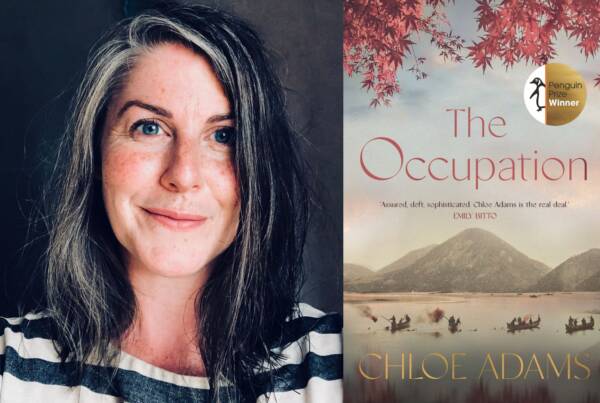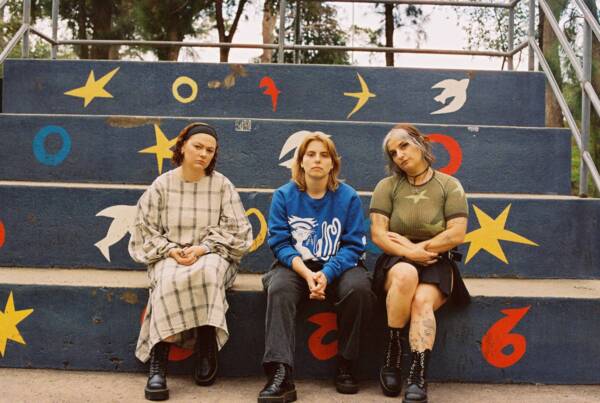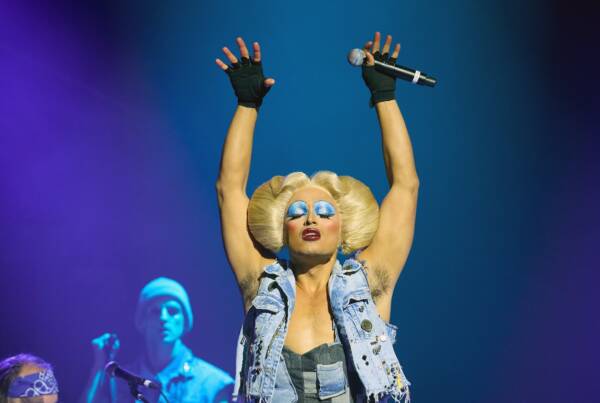Writing by Ella Cigognini
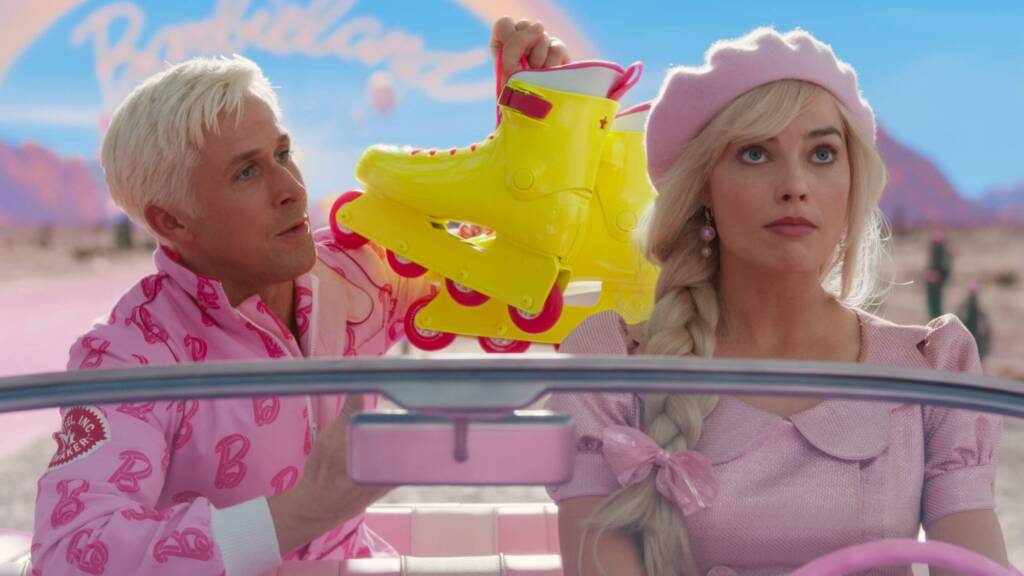 By now, you’ve heard that Margot Robbie and Greta Gerwig were robbed of an Oscar nomination this year. And I do agree, they absolutely deserved a nomination. Meanwhile, Ryan Gosling’s performance of Ken, the bumbling, Barbie-obsessed himbo whose purpose in the film was to show exactly what the patriarchy does to men, was nominated for Best Supporting Actor. Don’t get me wrong, Ryan was perfect for Ken. Ryan is Ken. He was the best choice for the role and continues to be someone who advocates for the feminist movement in mainstream Hollywood.
By now, you’ve heard that Margot Robbie and Greta Gerwig were robbed of an Oscar nomination this year. And I do agree, they absolutely deserved a nomination. Meanwhile, Ryan Gosling’s performance of Ken, the bumbling, Barbie-obsessed himbo whose purpose in the film was to show exactly what the patriarchy does to men, was nominated for Best Supporting Actor. Don’t get me wrong, Ryan was perfect for Ken. Ryan is Ken. He was the best choice for the role and continues to be someone who advocates for the feminist movement in mainstream Hollywood.
But you can’t deny how completely discouraging it is to see women overlooked in the film industry once again.
Barbie grossed just over 1.4 billion dollars at the box office in July, making it the highest grossing movie of 2023, the 14th highest grossing movie ever, and the highest grossing film by a female director. That list of achievements alone is tremendous and simply unattainable for so many in the field. A movie about a girls toy, living in a fantasy world where women can be whatever they want and live in pure happiness, garnering a profit of that number is incredible. Which makes it even more incredible that it wasn’t recognised at the biggest awards event of the year.
But there’s no denying that Barbie, Margot and Greta haven’t been noticed for their efforts during the awards season. It was nominated for twelve Grammy’s for the movie’s soundtrack and eighteen Critic’s Choice Awards, and then nine nominations at the Golden Globes, which they then went on to win in two categories. Their achievements have not gone unnoticed, but yet still overshadowed behind yet another performance of a man in a feminist film.
Yet, what we did see in The Academy nominations this year was some groundbreaking and historical acknowledgements:
America Ferrera, best known for Sisterhood of the Travelling Pants (one of the best movies ever) and Ugly Betty (also really iconic), was nominated for Best Supporting Actress in Barbie. A Latina playing one of the most important roles in the box office hit and delivering the momentous speech about womanhood and living under the exhausting reality of a patriarchy (I know you think about it daily as well). 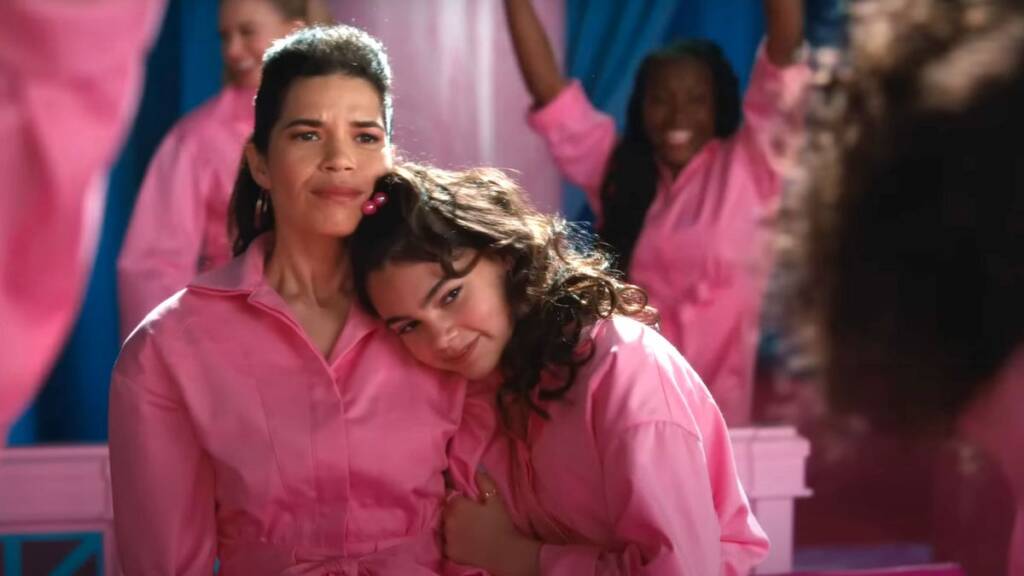 Jodie Foster, a gay woman playing a gay role in the biopic Nyad, Danielle Brooks, aka Taystee on Orange Is The New Black, as Sofia in The Colour Purple, and Da’Vine Joy Randolph as Mary Lamb in The Holdovers.
Jodie Foster, a gay woman playing a gay role in the biopic Nyad, Danielle Brooks, aka Taystee on Orange Is The New Black, as Sofia in The Colour Purple, and Da’Vine Joy Randolph as Mary Lamb in The Holdovers.
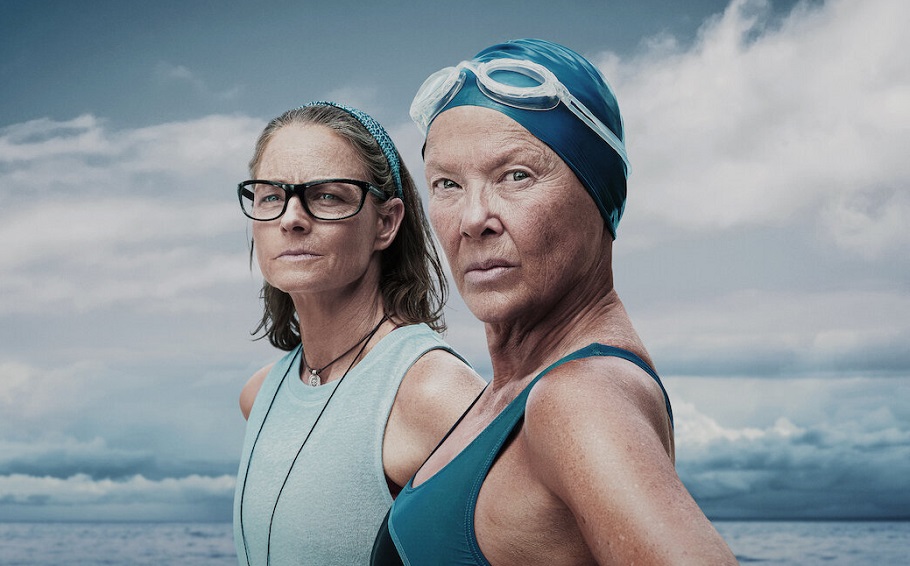 But the most historical nomination of the year was Lily Gladstone, member of the Blackfeet Nation, for her leading role in Killers of the Flower Moon. In the 96 years of the academy, Lily is the first Native American woman to be nominated for Best Actress, quickly following her win at the Golden Globes.
But the most historical nomination of the year was Lily Gladstone, member of the Blackfeet Nation, for her leading role in Killers of the Flower Moon. In the 96 years of the academy, Lily is the first Native American woman to be nominated for Best Actress, quickly following her win at the Golden Globes.
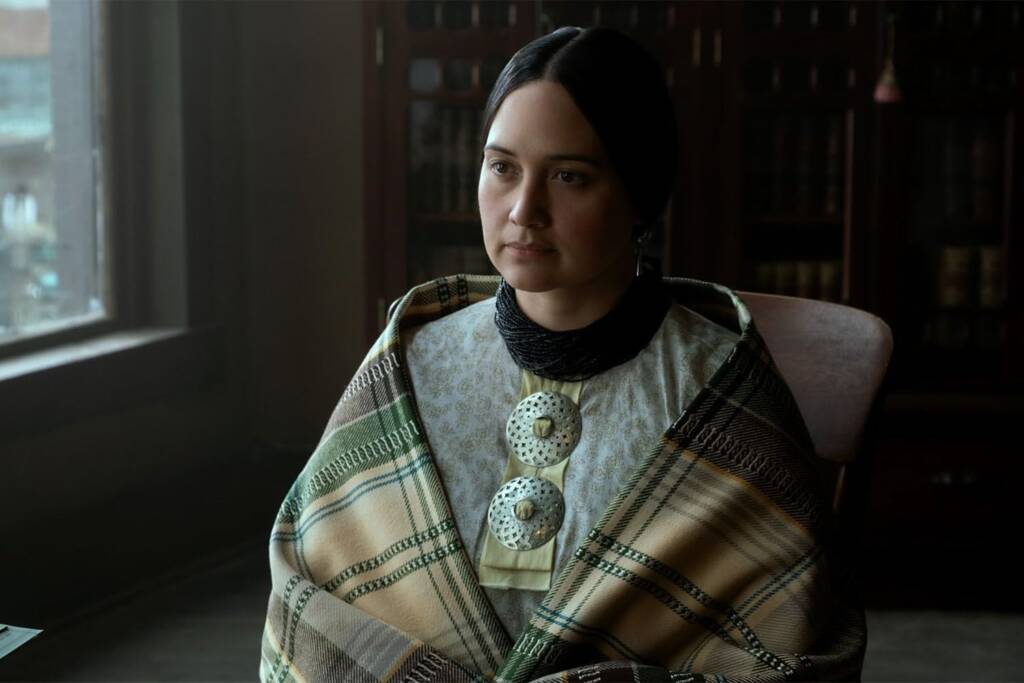 We can see that the emerging representation of women in the film industry is still on the definite incline. We know that the awards are diversifying each year, and equality is slowly becoming the norm, so it’s vital to celebrate the wins when they appear.
We can see that the emerging representation of women in the film industry is still on the definite incline. We know that the awards are diversifying each year, and equality is slowly becoming the norm, so it’s vital to celebrate the wins when they appear.
But as always, intersectionality, nuance and thinking beyond our own privilege is important. When reacting with outrage at Margot and Greta’s Oscar snub, it diminishes the achievements of the women around them. The women who have broken records, boundaries and ancient stereotypes of their race and sexuality. While we feel that once again women have been put on the backburner, it’s women of colour, and queer women who have achieved glorious accolades this year, and it does harm to put them on the backburner behind multiple already successful white women.
We can’t forget how many times queer women or women of colour have been spurned by others in the industry, when the public believed that they were deserving of the awards. Just last year Stephanie Hsu, an Asian American actress was overlooked for the Best Supporting Actress Oscar in Everything Everywhere All At Once, for Jamie Lee Curtis, despite Curtis having a third of the screen time of Hsu. While public judgement believed Curtis deserved the Oscar, it felt as though another woman of colour was overshadowed for another already successful white woman.
With the torrent of blockbuster movies released in 2023, the stakes to be the best have never been higher. So like any competition, not everyone can win.
Barbie made history in 2023, but so did an abundance of other powerful, courageous and inspiring women. It does a disservice to intersectional feminism, diversity and women everywhere to not acknowledge their achievements, and continue to champion them throughout the awards season.
The film industry is dynamic, fluid and constantly diversifying. We are finally seeing films about Indigenous and Native Peoples, openly gay and queer people and people with lived experience with a disability in the mainstream media landscape, representing the very real and tangible communities around us. Yet it’s obvious that the Hollywood world is still overpopulated with cis-het white men, and that we are still competing for fairer opportunities, pay and recognition. It does nothing to recentre the focus from women of colour, when feminism has always called for equality among women under a patriarchal control.




